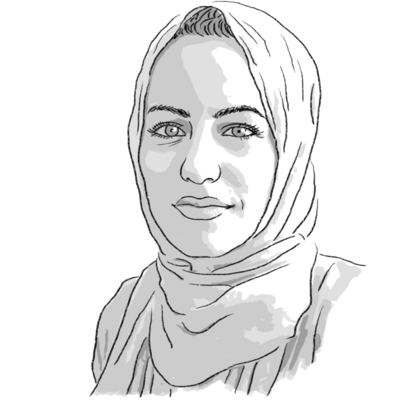A young Iraqi’s efforts to rebuild his life and country

 Husna Haq
Husna Haq
Twenty years ago today, President George W. Bush famously announced the end of major combat operations in Iraq aboard the U.S. aircraft carrier Abraham Lincoln beneath a banner that declared “Mission Accomplished.” Of course, the war would drag on much longer, changing the lives of scores of U.S. troops – and deeply impacting a generation of Iraqis. Laith Louay is one of them.
Mr. Louay was born two months after the United States invaded Iraq in March 2003. He was 6 months old when U.S. troops killed his father, whose car was shot at en route to a medical appointment, and he was a toddler when American forces raided his house, looking for Al Qaeda fighters. When he was 11, the Islamic State group seized his town in Anbar province, forcing him to flee to Baghdad, stop his schooling, and sell corn from a street cart. Mr. Louay told his story to Al Jazeera as part of a collection of profiles.
The war orphaned 5 million Iraqis, killed about 200,000 civilians, displaced at least 4 million people, and devastated much of Iraq’s infrastructure, economy, and cultural heritage.
The human cost is impossible to quantify, says Alannah Travers, who interviewed Mr. Louay. “My impression ... was ... how unfair the implications of war are on the most vulnerable,” she told me. But remarkably, despite all he’s been through, Mr. Louay is not bitter, she says.
He is slowly rebuilding his life, and with it, his country. Mr. Louay returned home in 2017 to establish the Al-Khair Youth Team, a small organization whose volunteers, some of whom were orphaned by the war, provide food, activities, and basic lessons to youth. He returned to high school to get his diploma. Now, he dreams of marrying his fiancée, Sara, and starting a family, as well as expanding his organization and establishing a home and school for the children he serves.
“It is ... inspiring how he has been compelled to turn his adversity into action,” Ms. Travers told me. “He is a man of strong convictions.”
Mr. Louay has ample reason to act. “I don’t want people to live the same as I did,” he told Ms. Travers. “I want this country to be safe.”



